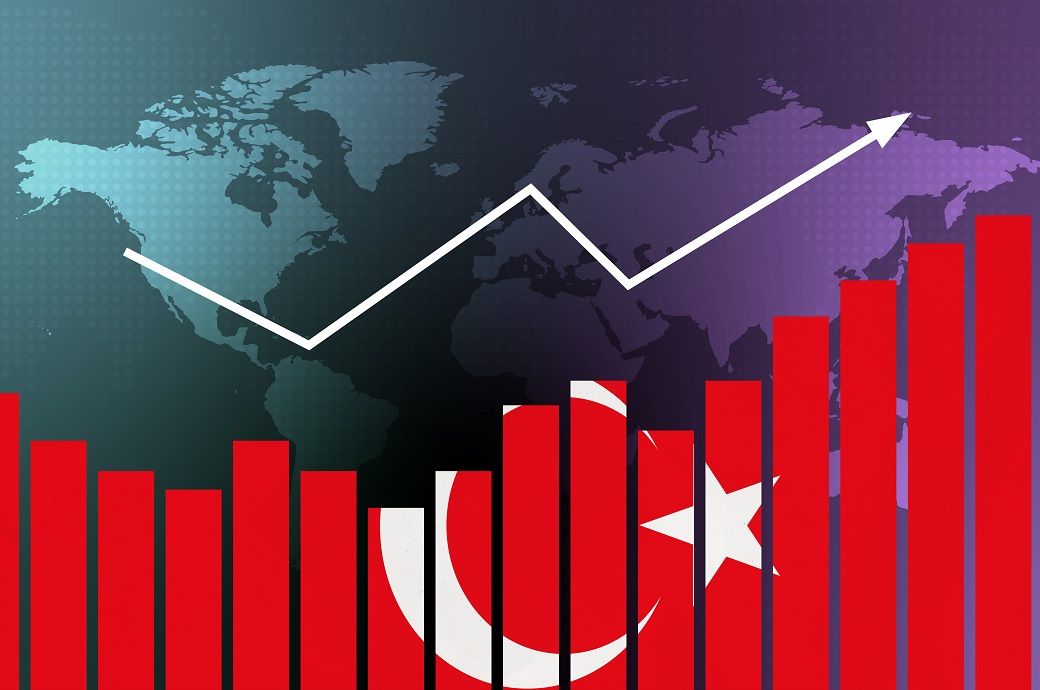
The report attributes this positive outlook to recent economic reforms in Turkiye, including the country’s removal from the Financial Action Task Force (FATF) grey list in June 2024, which has helped bolster investor confidence. Additionally, Turkiye’s credit default swap premium has seen a significant decline over the past year, indicating improved market sentiment.
Despite the favourable forecast, the report highlights several risks to Turkiye’s economy. High inflation, the appreciation of the Turkish lira's real value, potential impacts on exports and tourism, and ongoing geopolitical tensions are identified as significant challenges. Tight global financing conditions, coupled with Turkiye’s high short-term external debt—equivalent to 20 per cent of GDP—also remain concerns for economic stability.
Turkiye’s current account deficit has been shrinking, but the country's extensive need for external financing continues to pose risks. The report calls attention to structural issues that could impede long-term growth unless addressed, including the need to increase productivity and improve human capital development.
In 2023, the EBRD made a record investment of €2.5 billion (~$2.80 billion) in Turkiye, with over half of the funds allocated to projects supporting the green transition. Since 2009, the EBRD has invested more than €20 billion (~$22.40 billion) across 453 projects in Turkiye, primarily in the private sector.
The Bank’s country diagnostic for Turkiye has also underscored the importance of expanding private sector access to finance and advancing structural reforms to unlock the country’s economic potential.
These forecasts come amidst a broader downward revision for the EBRD regions, with expected growth of 2.8 per cent in 2024, rising to 3.5 per cent in 2025.
Fibre2Fashion News Desk (KD)